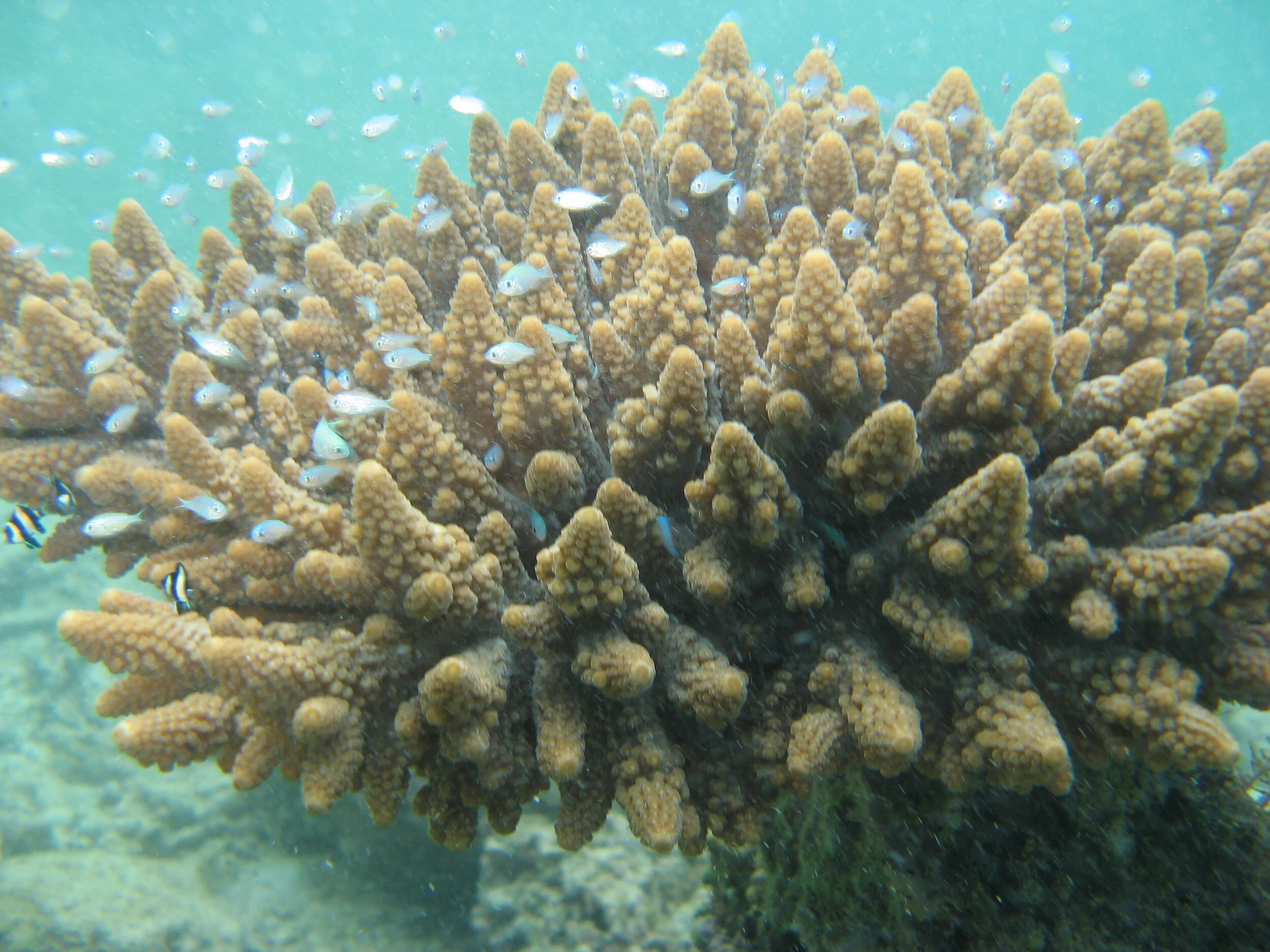Marine and Coastal Finance Working Group
About the Marine and Coastal Finance WG
Marine and coastal ecosystems are extremely valuable and under severe threat. Conservation finance solutions are essential building blocks to successful marine protected areas (MPAs), sustainable fisheries, and conservation of critical near shore and open water habitats. Although some material has been written on finance for MPAs, there is still inadequate understanding, capacity, and use of conservation finance solutions in the marine and coastal space.
The Marine and Coastal Finance Working Group seeks to consolidate and share knowledge and experience around conservation finance solutions pertinent to these critical conservation targets. The long-term objective is to build capacity among marine and coastal conservation and sustainable use practitioners in the knowledge and use of conservation finance solutions. The solutions will seek to increase available finance, reduce pressures on the ecosystems through better aligning incentives, and improve the effectiveness and efficiency of conservation actions. Initial focus will be on coral reefs and related ecosystems (mangroves, sea grass) due to the urgency of this challenge.
Specifically, the activities of the group include:
Build and support the community of conservation finance practitioners working in the marine and coastal conservation field through membership and participation in the WG.
Develop guidance material for coastal and marine conservation practitioners to build capacity on conservation finance – this could include developing a project to publish an update to the classic WWF report “Financing Marine Conservation: a menu of options” Spergel and Moye, 2004. This can also include developing entries to the revised Conservation Finance Guide.
Compile lessons learned and case studies from innovative pilot activities and develop effective information dissemination approaches.
Coordinate and collaborate with existing initiatives focused on marine and coastal conservation finance and seek to complement on-going efforts undertaken under the auspices of other organizations.
Where practical, support field-application of these mechanisms on a pilot basis, raising funding as needed or working with organizations/groups who already have funding
Organize at least one annual symposium on marine and coastal finance mechanisms at special policy events and/or conferences to advance adoption of new approaches to support financial sustainability for marine and coastal conservation.
NEW PUBLICATION
Identifying and Prioritizing a Portfolio of Marine and Coastal Conservation Finance Solutions
Guidance Note - Pilot Version
Coastal and marine ecosystem management and governance institutions face a wide array of choices when it comes to conservation finance mechanisms. The following tool presents a systematic method for brainstorming, defining, and prioritizing suitable finance solutions. This approach is rooted in the definition of conservation finance as "mechanisms and strategies that generate, manage, and deploy financial resources and align incentives to achieve nature conservation outcomes." In most cases, supplementary funding for nature, especially consistent and adequate funding, is a critical but insufficient component of a project's conservation finance portfolio. This approach seeks to take the practitioner through a range of perspectives to generate ideas on how to solve their conservation challenges and respond to opportunities. The idea generation phase is followed by a prioritization approach adapted from the Biodiversity Finance Initiative (BIOFIN).
Chair: Jos Hill
Jos Hill designs and directs programs focused on protecting coastal and marine environments. She has dedicated much of her career to coral reef conservation and is enthusiastic to increase use of conservation finance solutions to help scale impact.
Jos currently serves at project director at the Pew Charitable Trusts where she directs campaigns to protect marine life on the U.S. West Coast. Before joining Pew, Jos was the regional program director for the Coral Reef Alliance in Hawaiʻi where she designed and led water-quality research and improvement programs. Previously she worked on a variety of market-based conservation projects, and was founder and executive director of Reef Check Australia.
Jos holds a bachelor’s degree in biology (international) from the University of Leeds, United Kingdom, a master’s degree in natural resource management from James Cook University, Australia, and a Master of Business Administration in sustainable management from the Presidio Graduate School in San Francisco.
Interested in Joining the CFA Marine and Coastal Finance Working Group?
Last Events
On Friday February 19th, we learned from Nick Salafsky about the Conservation Actions and Measures Library (CAML) developmented by Foundations of Success.














